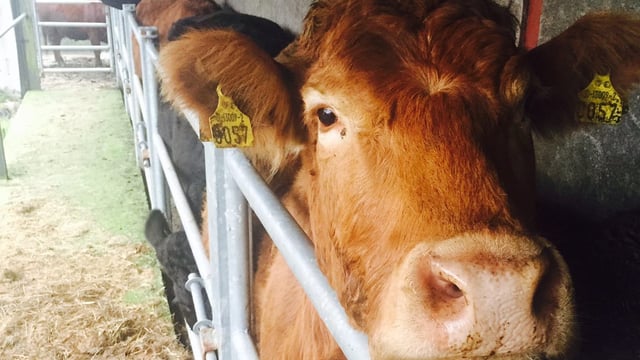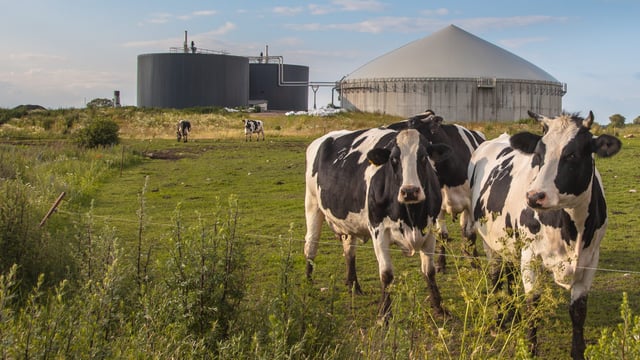Dairygold introduces weekend feed delivery surcharge
Dairygold has confirmed to Agriland that it has introduced a surcharge of €4/t for feed specifically ordered for weekend delivery on farms.
The co-op said that this surcharge, which was introduced on July 1, only applies to the second and subsequent weekend specific bulk feed order requests.
"In recent years, Dairygold has experienced significant shifts in customer feed order patterns," a spokesperson said.
"The aim of this new initiative is to encourage ordering for weekday deliveries which will allow grain stores, transport and production logistics to be optimised, ensure timely order fulfilment and delivery and aid with our decarbonisation efforts across the business," they added.
Meanwhile, Dairygold confirmed yesterday (Wednesday, July 17) that it has increased its June quoted milk price by 0.5c/L to 42.5c/L.
This is based on on standard constituents of 3.3% protein and 3.6% butterfat, inclusive of sustainability and quality bonuses and VAT.
According to the processor, the June milk price equates to an average farm gate milk price of 46.1c/L, based on the average June 2024 milk solids, achieved by Dairygold milk suppliers.
The co-op also detailed that the quoted milk price for June, based on EU standard constituents of 3.4% protein and 4.2% butterfat, is 46.4c/L, inclusive of VAT.
In May the co-op’s quoted milk price was 42c/L – based on standard constituents of 3.3% and 3.6% butterfat, and included VAT and sustainability and quality bonuses.
A spokesperson for the co-op said that the Dairygold board “recognises the importance of continuing to provide confidence to milk suppliers, to encourage them to maximise their milk production for the second half of the year”.
“While dairy market returns marginally improved in May and June, driven primarily by butter prices, there remains uncertainty in relation to future dairy market prices, due to continuing weaker demand, with China remaining a particular concern, and global milk supply continuing to be generally flat," they added.






